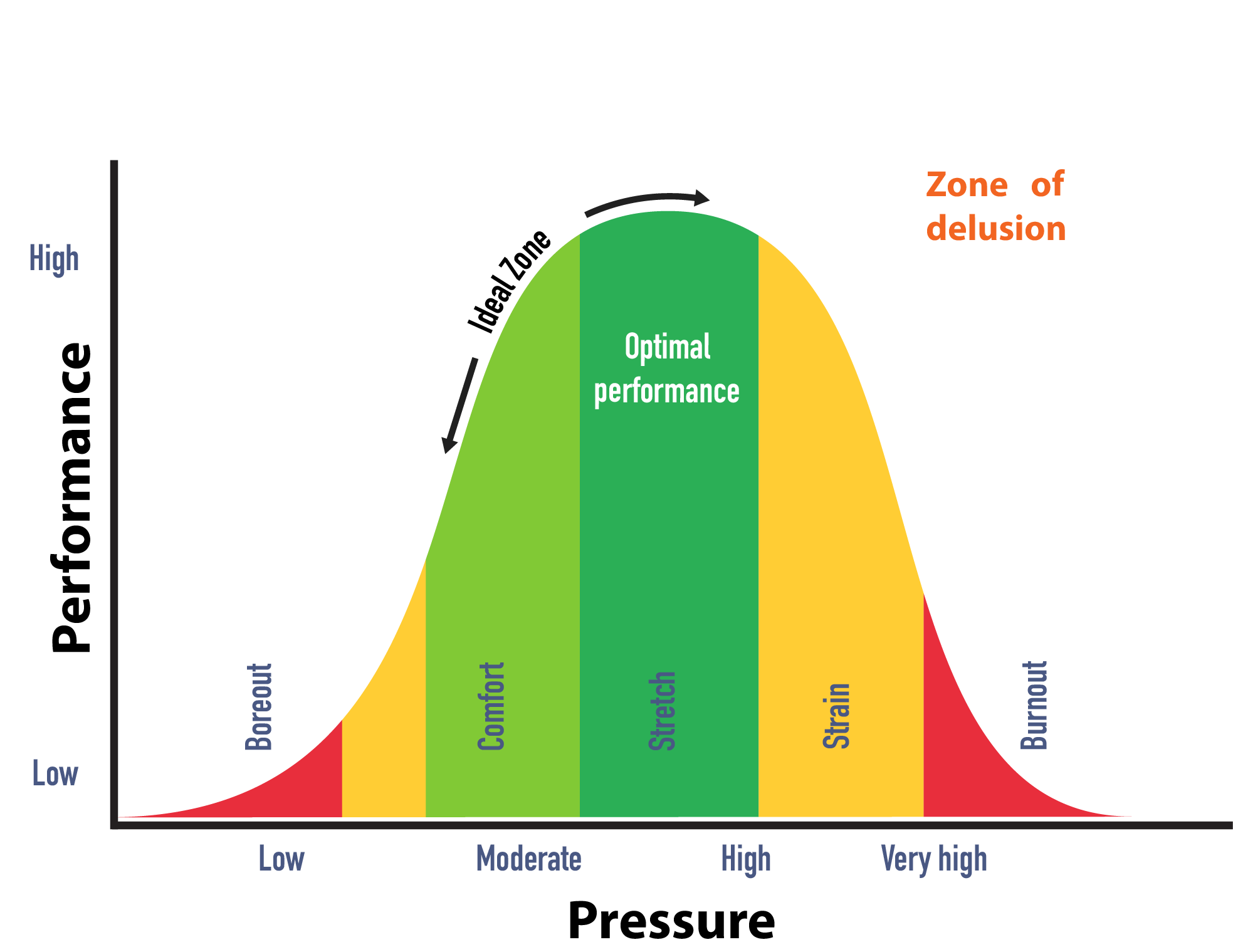Anxiety
1/12
There's no tags or description
Looks like no tags are added yet.
Name | Mastery | Learn | Test | Matching | Spaced |
|---|
No study sessions yet.
13 Terms
Anxiety
A state of emotional and physical arousal. The emotions include having worried thoughts and feelings of tension.
Physical changes include an increased heart rate and sweatiness. Anxiety is a typical reaction to stressful situations, but it can affect the accuracy and detail of eyewitness testimony.
Anxiety’s negative effect on recall
Releases stress hormones (adrenaline as part of fight or flight respons). Reduces our ability to focus on important cues so recall is worse.
Tunnel theory
Argues that people have enhanced memory for central events. Weapon focus as a result of anxiety can have this effect
Johnson and Scott 1976
Participants thought they were in a lab study.
While seated in a waiting room, some participants heard a conversation in the next room and then saw a man walk past them carrying a pen and with grease on his hands (low-anxiety condition).
Other participants overheard a heated argument in the next room, followed by glass breaking then a man emerged holding a knife with blood on it (high-anxiety condition)
Participants were later asked to pick out the man out of a set of 50 photos. 49% who had seen the man carrying the pen were able to identify him. 33% who had seen the man holding the blood-covered knife were able to identify him
Anxiety’s positive effect on recall
Anxiety increases alterness and may improve memory for an event as we become more aware of cues in the situation
Yuille and Cutshall 1986 study
Conducted a study of an actual shooting in a gun shop in Vancouver, Canada. The shop owner fatally shot a thief. 21 witnesses, 13 in the study.
Interviewed 4-5 months after the incident, compared with the original police interviews at the time of the shooting. Accuracy was determined by the number of details reported in each account. Also asked to rate how stressed they had felt at the time of the incident and if they had emotional problems since the event.
Participants who reported the highest levels of stress were most accurate (88% compared to 75% for less-stressed group)
Suggests anxiety does not have a detrimental effect on the accuracy of eyewitness memory in a real-world context and may enhance it.
Yerkes and Dodson 1908
Said the relationship between emotional arousal and performance looks like an inverted U shape

Deffenbacher 1983 study
Reviewed 21 studies of EWT and noted contradictory findings on the effects of anxiety. Used the Yerkes-Dodson law to explain the findings.
When we witness a crime/accident we experience anxiety and physiological changes in our body. Lower levels of anxiety producer lower levels of recall accuracy, so memory is more accurate as the level of anxiety increases.
However, there is an optimal level of anxiety which is the point of maximum accuracy. If a person has more anxiety their recall suffers.
Limitation to Johnson and Scott
Pickel 1998
May not have tested anxiety.
Participants may have focused on the weapon because they were surprised at what they saw rather than scared.
Pickel conducted an experiment using scissors, a handgun, a wallet or a raw chicken as the hand-held items in a hairdressing salon video.
Eyewitness accuracy was significantly poorer in both of the high unusualness conditions (chicken and handgun)
Suggests that the weapon focus effect is due to unusualness rather than anxiety/threat and therefore tells us nothing specifically about the effects of anxiety on EWT
Marr and colleagues 2021
Considered the way that anxiety is measured in studies of anxiety and EWT. Anxiety may be measured subjectively or objectively (self-report or recording physical body changes).
When both types of measure are used within the same study, the self-reported experience of anxiety doesn’t always match the physiological changes being observed.
Christianson and Hubinette 1993
Strength of research showing anxiety having positive effects on recall accuracy
Interviewed 58 witnesses to actual bank robberies in Sweden. Some witnesses were directly involved and others indirectly.
Researchers assumed that those directly involved experienced the most anxiety. Found that recall was more than 75% accurate across all witnesses. Direct witnesses were more accurate.
Findings from actual crimes confirm that anxiety does not reduce the accuracy of recall for eyewitnesses and may even enhances.
Contradiction to Christianson and Hubinette
Interviewed several months after the event.
So researchers had no control over what happened to their participants in intervening time.
Effects of anxiety may have been overwhelmed by the other factors and impossible to access by the time the participants were interviewed.
It is possible that a lack of control over extraneous variables may be responsible for their findings, invalidating their support.
Problems with Inverted-U theory
Appears to be a reasonable explanation of the contradictory findings linking anxiety with both increased and decreased eyewitness recall.
However, it ignores the fact that anxiety has many elements:
Cognitive
Behavioural
Emotional
Physical
The inverted U theory focuses on only physical anxiety and assumes this is the only aspect linked to EWT. But the way we think about stressful situations (cognitive) may also be important